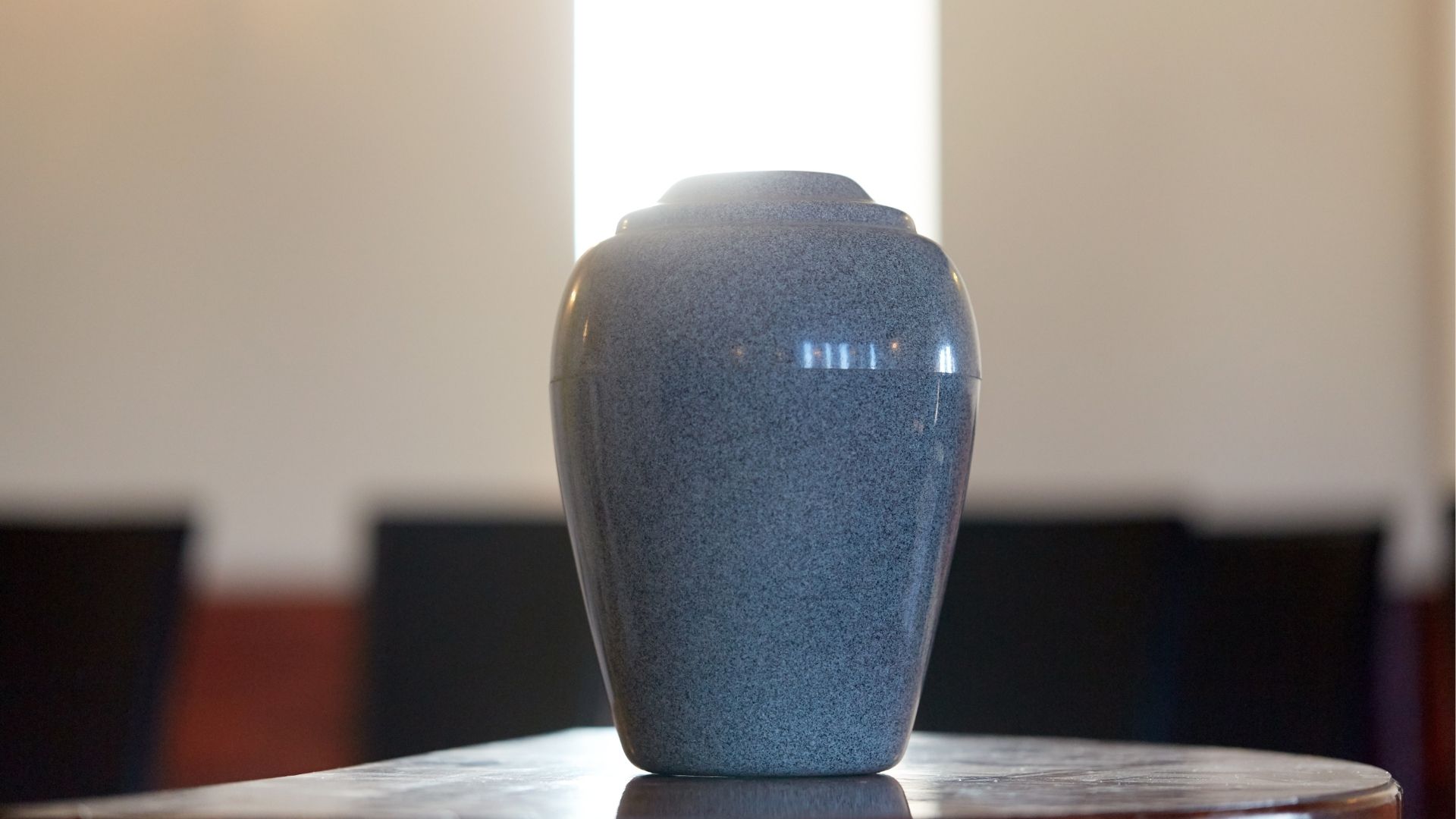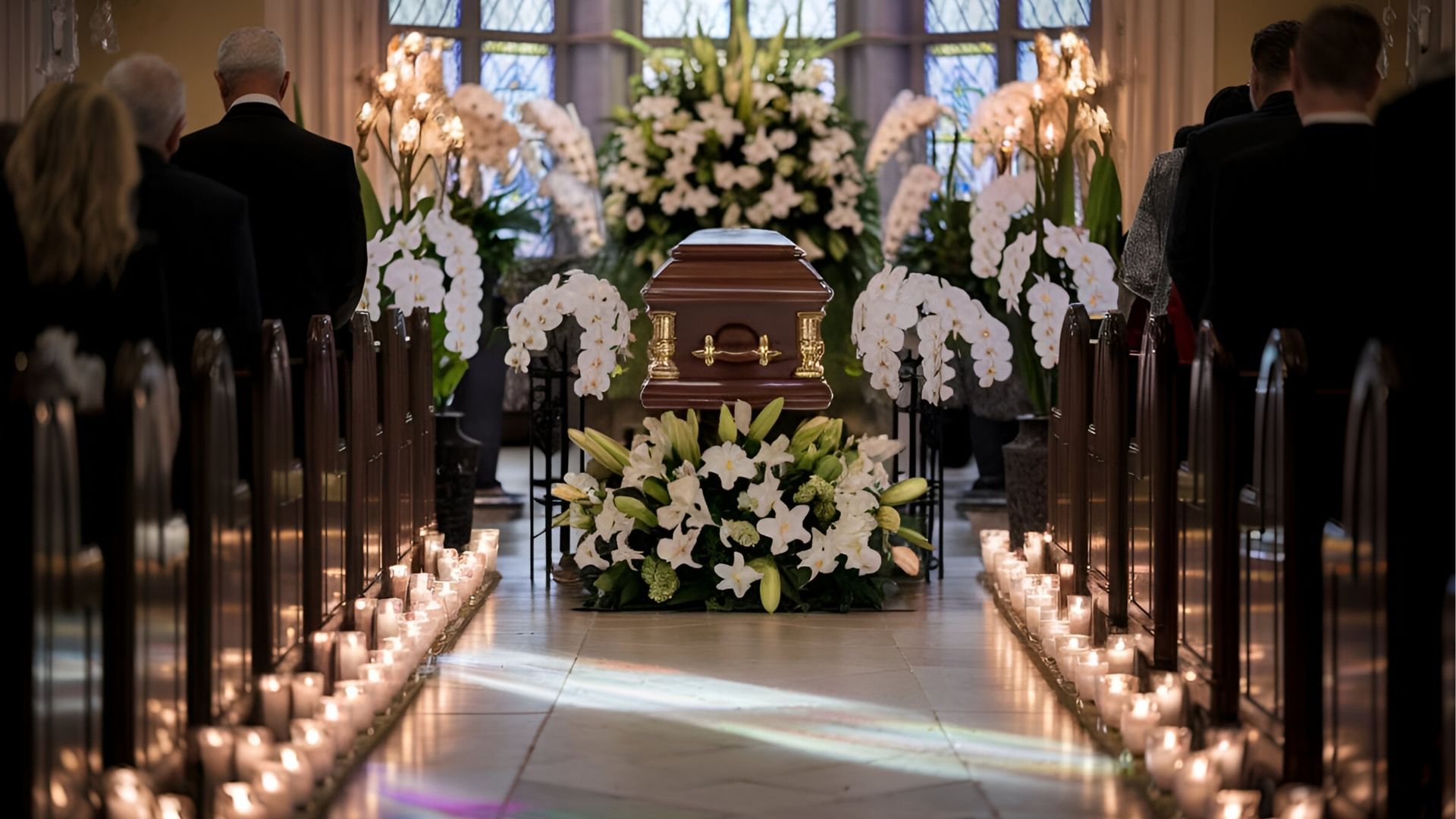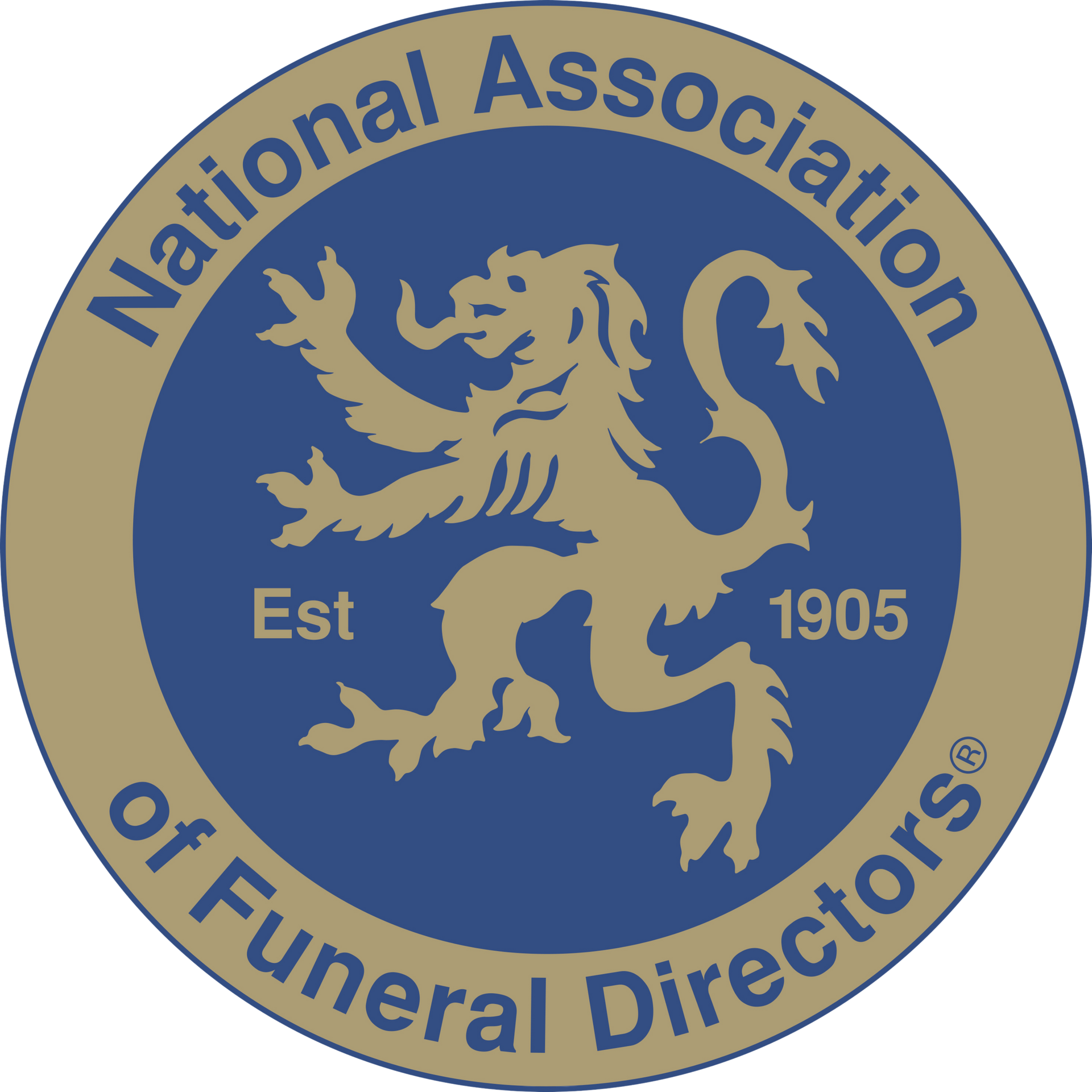How to preplan a funeral
Preplanning a funeral can take some of the stress away from your loved ones when you die. Explore your options in our guide.

When a person dies, the funeral is often arranged by the next of kin or loved ones. But it's also possible to preplan your own funeral. This can mean your family won't have to worry so much about money or making arrangements when you die.
Many choose to do this through a funeral plan. This is where you pre-arrange and pre-pay some or all of your funeral costs at today's prices. The plan provider or funeral director will arrange the service along with a coffin, hearse and other key components.
It's a popular choice for a reason. In this blog post, however, we focus on how to preplan a funeral directly through a funeral director.
As with all aspects of grief and mourning, there's no right or wrong way to preplan a funeral. Our aim is simply to let you know how to proceed if you want to work with an independent funeral director like us.
That brings us to the first step in preplanning a funeral: choosing the right funeral director.
Choose a funeral director
Choosing the right funeral director is a crucial stage of the process. At a difficult time, you want to feel that your funeral director has your back – and a listening ear to lend. They'll be able to help you through the process with minimal stress.
You can search for funeral directors online. You can ask friends and family for personal recommendations. You can also consult an online database such as
Funeral Guide or
Funeral Directory.
Once you've found your funeral director, you should book a meeting to discuss your wishes and preferences.
Discuss your wishes with the funeral director
Once you've chosen your funeral director, you need to discuss your wishes with them. This process will be led by the funeral director and will cover important issues like the coffin, transport, venue, celebrant and service.
You will also need to decide whether you want mouners to view your body before the funeral. This will come at an extra cost.
Your funeral director will help you personalise your funeral. This could include readings, floral arrangements, catering or music choices. First, however, you need to decide how your body will be put to rest.
Decide how your body will be put to rest
There are different ways a body can be put to rest at a funeral. Most of the time, the choice is between a cremation and a traditional burial.

These days, however, there are more options available. You can arrange a green burial, for instance. The cremation or burial can also take place in a variety of venues.
You can also choose a direct cremation. This is a no-frills option where the body is cremated without a funeral service. It's sometimes followed by a separate memorial service.
A good funeral director will talk you through your options without judgment and without putting pressure on you to choose a particular type of service. It's up to you and any loved ones you choose to involve in the decision-making process.
Plan the service
Your next step is to plan the service. Whatever type of service you choose, this is likely to include music and readings.
There are, however, many kinds of services to choose from. There are religious and non-religious funeral services. There are services that focus on celebrating the life of the person who died. There are even themed funerals that reflect the personality or interests of the person who died.
Sort out payment and paperwork
You now need to discuss payment options with your funeral director. Typically, you pay a deposit. The remaining bill is paid out of your estate when you die. You may also have the option of paying in instalments.
Once arrangements have been made, you'll be given paperwork. This should be stored in a safe and accessible place. Many people choose to store it alongside their will and other legal documents.
Let your loved ones know
Once the funeral has been arranged, you should let your family know. If you don't, there may be uncertainty or even conflict about your funeral arrangements.
You should also designate a main contact person for the funeral director. This person will be responsible for working with the funeral director when you die.
Why choose a funeral director?
At Akshardham Funeral Directors, we believe there are no right and wrong ways to grieve – and no right or wrong ways to organise a funeral.
That said, we believe there are some advantages to working with a funeral director with us rather than taking out a funeral plan.
The key advantage is that you get to work closely with a funeral director. That means you can arrange the funeral you want in more detail. It also means you plan the funeral with the company that will handle the funeral on the day.
Above all, a funeral director can offer a sympathetic ear, ensuring your needs are met and that your loved ones have less to deal with after your death.
Frequently asked questions
How much does it cost to preplan a funeral?
The cost of preplanning a funeral depends on whether you take out a funeral plan or work directly with a funeral director. It will also vary from plan to plan and from funeral director to funeral director. The average cost of a simple attended funeral in 2025 is £4,285.
Is a funeral included in life insurance?
No, a funeral isn't usually included in a life insurance policy. However, the money paid out when you die can be used to cover funeral costs.
Akshardham Funeral Directors is an independent funeral home based in North London. For more funeral planning advice, read our full guide on how to arrange a funeral.












